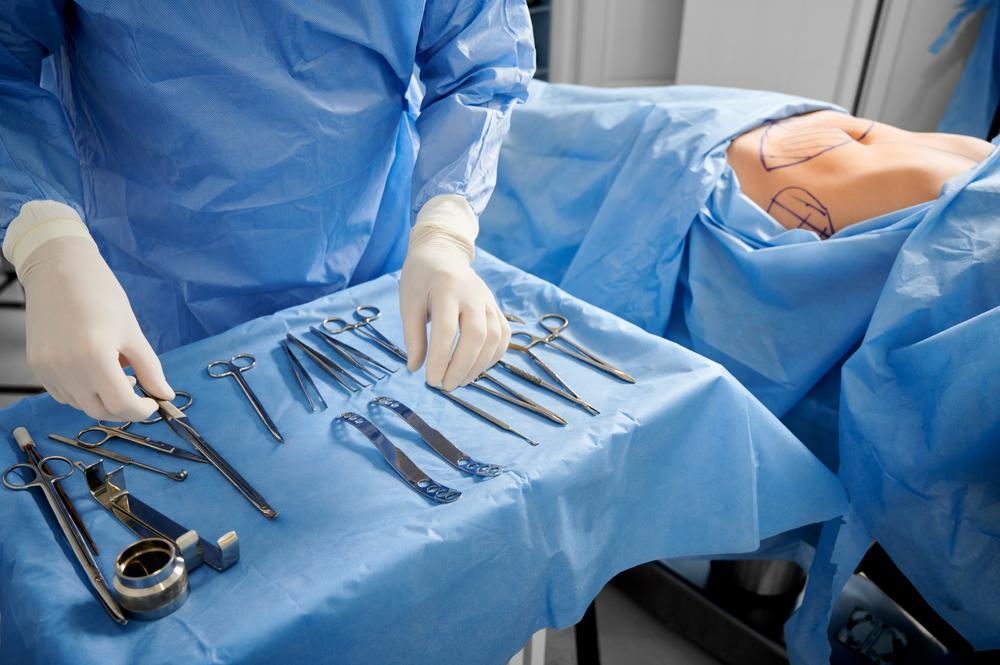Plastic Surgeons and Medical Waste – Just like any other healthcare service provider who generates infectious waste, plastic surgery centers must comply with all regulations
Plastic surgery is a major industry today as many look to maintain their youthful appearance and improve aesthetics using modern medicine. In fact, since the COVID-19 pandemic and virtual working has increased, the cosmetic surgery market has surged. With people seeing themselves on high-definition video for meetings daily they’re wanting to look their best all the time and opt for procedures to help with everything from skin texture issues, fine lines, and breakouts to lip enhancers, botox, and more.
As this happens, the market is now projected to reach $66.96B by 2026. In addition to an increase in demand for these services, the need for proper waste management has never been greater.
While plastic surgeons in both plastic surgery offices and outpatient surgery centers may operate outside of a hospital setting, they are still subject to federal and state laws as well as OSHA requirements, and other industry standards for compliance and safety. This includes how they store, handle and dispose of the waste generated at their facilities.
When it comes to plastic surgery medical waste, there are items such as blood, bodily fluids, sharps, discarded carcass, and anything that has been exposed to an infectious agent that must be handled in accordance with these regulations.
Just like any other healthcare service provider who generates infectious waste, these plastic surgery centers must comply with all regulations. These can vary depending on the state local laws, but keeping up to date on the requirements is critical.
Not only can this waste not be tossed in regular refuse, but it must also be packaged, labeled, and marked clearly. Working with a medical waste transporter means the waste will make its way to a permitted ” treatment facility” where depending on the type of waste will be stored, treated, or disposed of using incineration, discharged to a sanitary sewer, treatment by steam sterilization, or other alternative technology.
Everyone who work in the plastic surgery office should be fully aware and follow the proper infectious waste protocol. Training and certification go hand in hand with compliance. By improving the medical waste process there are also cost savings for plastic surgery centers to enjoy.
MedXwaste is the perfect partner to provide expert medical waste disposal that keeps your employees & the environment safe. Call for a free quote today!
You Might Also Like:
- It’s Flu Season: Waste Management Solutions for Vaccines
- What Happens to Medical Waste When It Leaves Your Facility
- What is Cradle to Grave Processing?

Service Areas: Long Island Medical Waste; New York City Medical Waste; Westchester Medical Waste and more!

